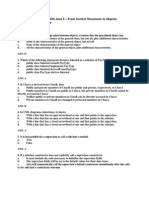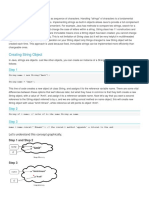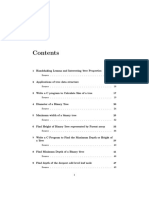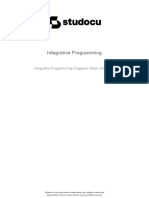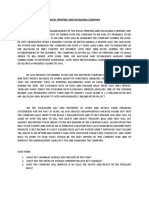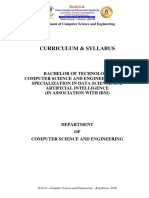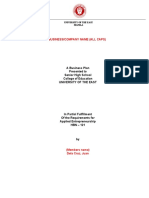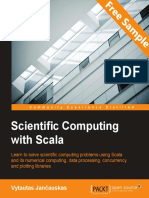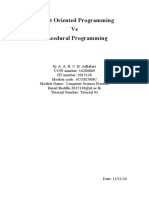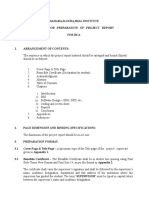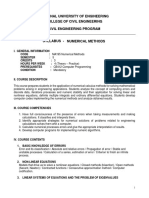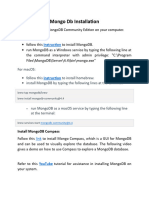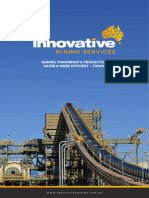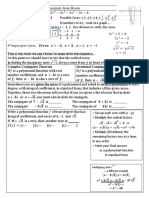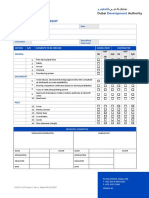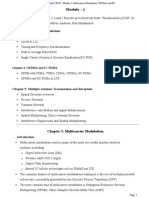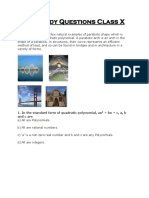0% found this document useful (0 votes)
153 views2 pagesSyllabus ID5130 Parallel ScientifiC Computing
This document provides information about the Parallel Scientific Computing course taught by Dr. Kameswararao Anupindi. The course is a 10-credit course that meets for 3 lectures and 1 lab session per week. It aims to teach parallel programming using distributed-memory, shared-memory and GPU systems and implement numerical methods using these parallel environments. The syllabus covers topics like OpenMP, MPI, OpenACC and numerical methods using these paradigms. The course will be evaluated based on assignments, exams, projects and attendance.
Uploaded by
SK TamilanCopyright
© © All Rights Reserved
We take content rights seriously. If you suspect this is your content, claim it here.
Available Formats
Download as PDF, TXT or read online on Scribd
0% found this document useful (0 votes)
153 views2 pagesSyllabus ID5130 Parallel ScientifiC Computing
This document provides information about the Parallel Scientific Computing course taught by Dr. Kameswararao Anupindi. The course is a 10-credit course that meets for 3 lectures and 1 lab session per week. It aims to teach parallel programming using distributed-memory, shared-memory and GPU systems and implement numerical methods using these parallel environments. The syllabus covers topics like OpenMP, MPI, OpenACC and numerical methods using these paradigms. The course will be evaluated based on assignments, exams, projects and attendance.
Uploaded by
SK TamilanCopyright
© © All Rights Reserved
We take content rights seriously. If you suspect this is your content, claim it here.
Available Formats
Download as PDF, TXT or read online on Scribd
/ 2










